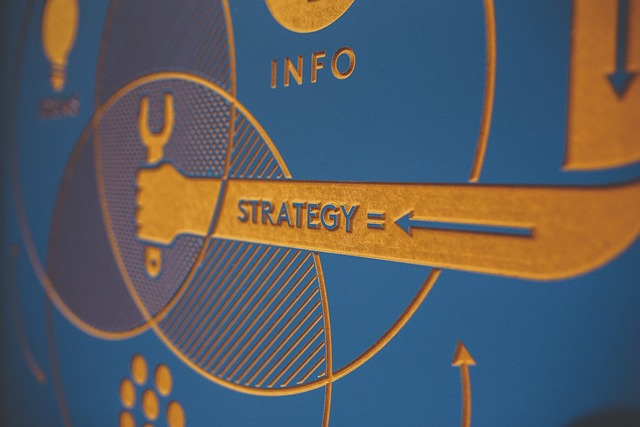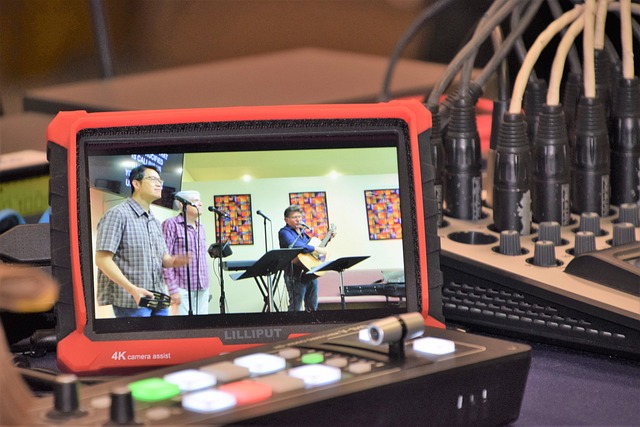In today’s fast-paced world, managing time and staying productive can be a challenge. Many people struggle to balance personal and professional responsibilities while trying to remain efficient. Fortunately, artificial intelligence (AI) has emerged as a powerful tool to enhance personal productivity. From organizing tasks to automating repetitive activities, AI is transforming the way individuals manage their daily lives. In this blog, we will explore how AI can boost personal productivity and examine several AI-driven solutions that can help you achieve more with less effort.
AI Tools for Personal Productivity
AI tools are revolutionizing how we approach everyday tasks, providing assistance in areas that once required manual input and focus. Whether it’s through smart scheduling tools, advanced task management systems, or AI personal assistant apps, there is no shortage of ways AI can help you be more productive. The beauty of AI-powered tools is their ability to learn from your habits and optimize your workflow accordingly.
For example, AI-powered task management apps such as Todoist and Trello use machine learning algorithms to suggest priorities, streamline tasks, and help users stay organized. These apps can predict deadlines, track progress, and send reminders. AI tools are also excellent for collaboration, enabling teams to work together more efficiently by distributing tasks and minimizing redundant efforts.
Furthermore, using AI-driven time management systems like Clockify and TimeCamp can help monitor how much time is spent on specific tasks. These apps generate detailed reports, offering insights into productivity patterns and providing data that can help improve overall efficiency.
Boost Productivity with AI Personal Assistant Apps
AI personal assistant apps are game changers when it comes to boosting productivity. Apps like Google Assistant, Siri, and Microsoft Cortana allow users to automate many daily activities. From setting reminders to sending emails, these virtual assistants handle simple yet time-consuming tasks, freeing up time for more critical work.
One key feature of AI personal assistants is their voice recognition capabilities. By speaking commands, you can perform various tasks such as scheduling appointments, setting timers, and even controlling smart home devices. This hands-free functionality enhances multitasking, allowing you to stay productive even when your hands are busy with other activities.
Moreover, AI assistants are continually learning from user interactions, adapting to preferences, and improving over time. This means the more you use them, the more personalized and efficient they become at managing your tasks. For individuals with hectic schedules, an AI personal assistant can be an indispensable tool for keeping on track and staying organized.
AI-Driven Time Management and Automation Tools
Time management is one of the biggest challenges people face today. AI-driven time management tools can help by automating repetitive tasks and providing insights into how your time is being spent. Tools like RescueTime and Time Doctor are equipped with AI algorithms that analyze your activity, track distractions, and provide recommendations for improvement.
For example, RescueTime runs in the background and tracks how much time you spend on websites and applications. Based on this data, it categorizes your activities into productive and unproductive and provides a detailed breakdown of how your day is being used. With these insights, you can adjust your work habits and improve focus where it matters most.
On the automation front, AI tools like Zapier and IFTTT allow you to set up automated workflows. These apps connect different services and trigger actions based on predefined conditions. For example, you could create a workflow that automatically saves email attachments to your cloud storage or logs completed tasks in a spreadsheet. By automating mundane tasks, you save time and reduce the mental load of juggling multiple applications.
Using AI for Goal Setting and Tracking
Setting and tracking personal and professional goals is crucial for maintaining productivity. AI-powered platforms like Habitica and Strides help users not only set goals but also provide actionable insights on how to achieve them. These tools use data analytics and machine learning to offer personalized recommendations, making the goal-setting process more effective.
For instance, Habitica turns goal tracking into a game, where users are rewarded for completing tasks. It’s a fun and engaging way to keep yourself accountable. Meanwhile, Strides allows users to break their goals into smaller, manageable tasks. It provides visual tracking tools like charts and graphs to measure progress, motivating users to stay committed.
AI can also integrate with wearable devices like fitness trackers to monitor physical goals, such as exercise or sleep improvement. The real-time feedback from these tools helps individuals adjust their routines, making goal achievement more tangible and realistic.
AI for Personal Organization
Staying organized is essential for productivity, and AI can help by streamlining your personal and professional life. AI-driven apps such as Evernote and Notion offer smart organizational systems that categorize notes, tasks, and files based on user behavior. These tools use machine learning to analyze how you store information and then optimize the retrieval process, ensuring you always have easy access to your most important data.
Evernote, for example, uses AI to tag notes automatically and suggest related content based on what you’re working on. This means no more wasting time searching through endless files or emails. Notion goes even further by combining note-taking, project management, and collaboration into one platform, all powered by AI to boost efficiency.
With these tools, AI acts like a digital organizer, making sure that your workspace—whether digital or physical—remains clutter-free and easy to navigate.
AI for Work-Life Balance
Achieving a healthy work-life balance can be challenging, but AI can help by managing your schedule and offering insights into how your time is allocated. AI tools such as MyAnalytics from Microsoft and Google’s Digital Wellbeing provide data-driven feedback on how much time you’re spending on work tasks versus personal activities.
These tools can suggest when to take breaks, limit distractions, or even schedule time for relaxation. By analyzing your work habits, AI can provide a more balanced schedule that maximizes productivity without leading to burnout. With AI assistance, it’s easier to carve out time for self-care while maintaining high performance at work.
Conclusion
Incorporating AI into your daily routine can significantly enhance your personal productivity. Whether through AI-powered time management tools, personal assistants, or smart goal-setting platforms, AI provides valuable insights and automation that help you optimize your day. By leveraging these technologies, you can focus on what truly matters and achieve a better work-life balance, all while staying on top of your tasks and responsibilities. The future of productivity lies in AI, and now is the perfect time to start integrating it into your life.






